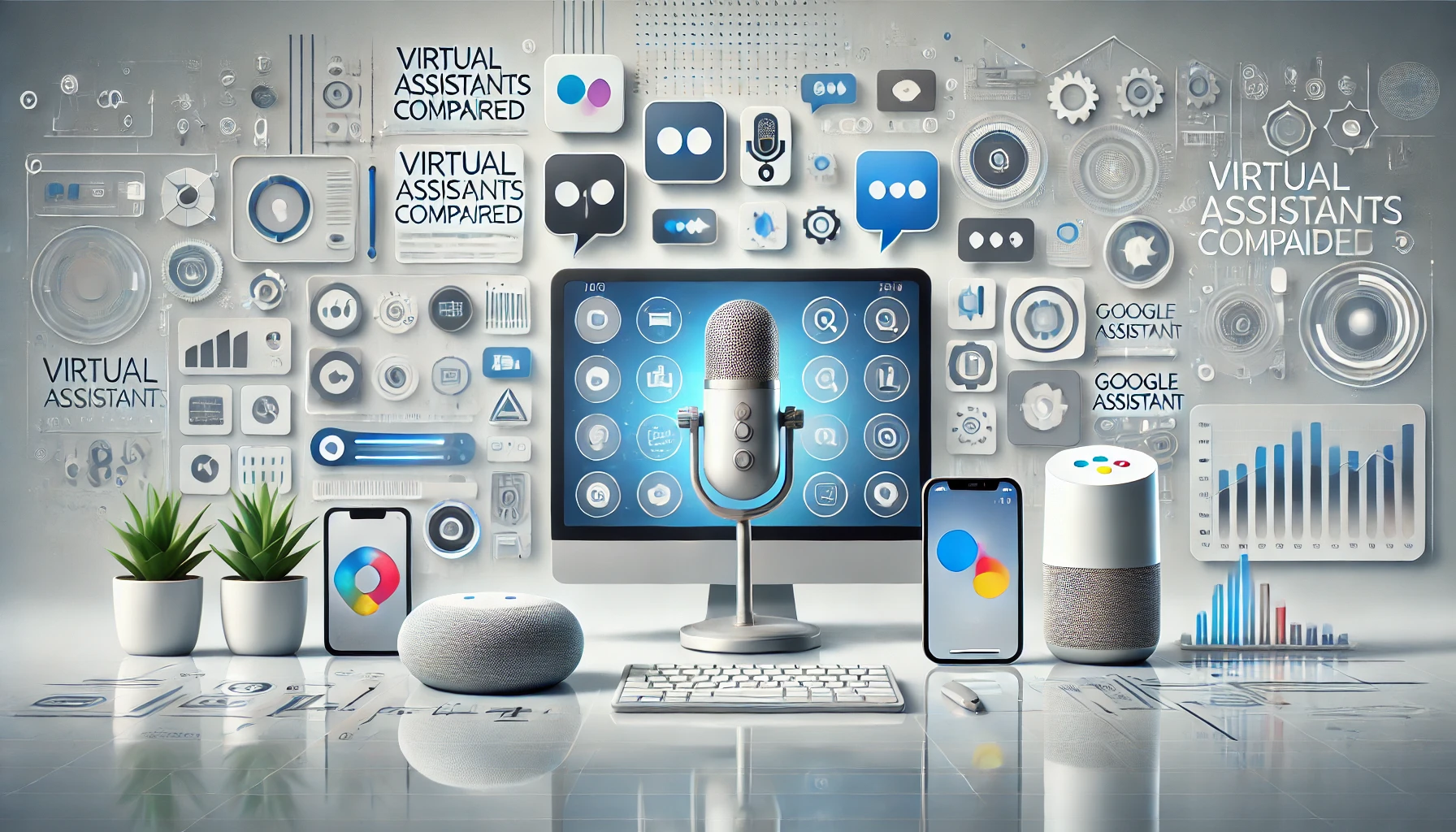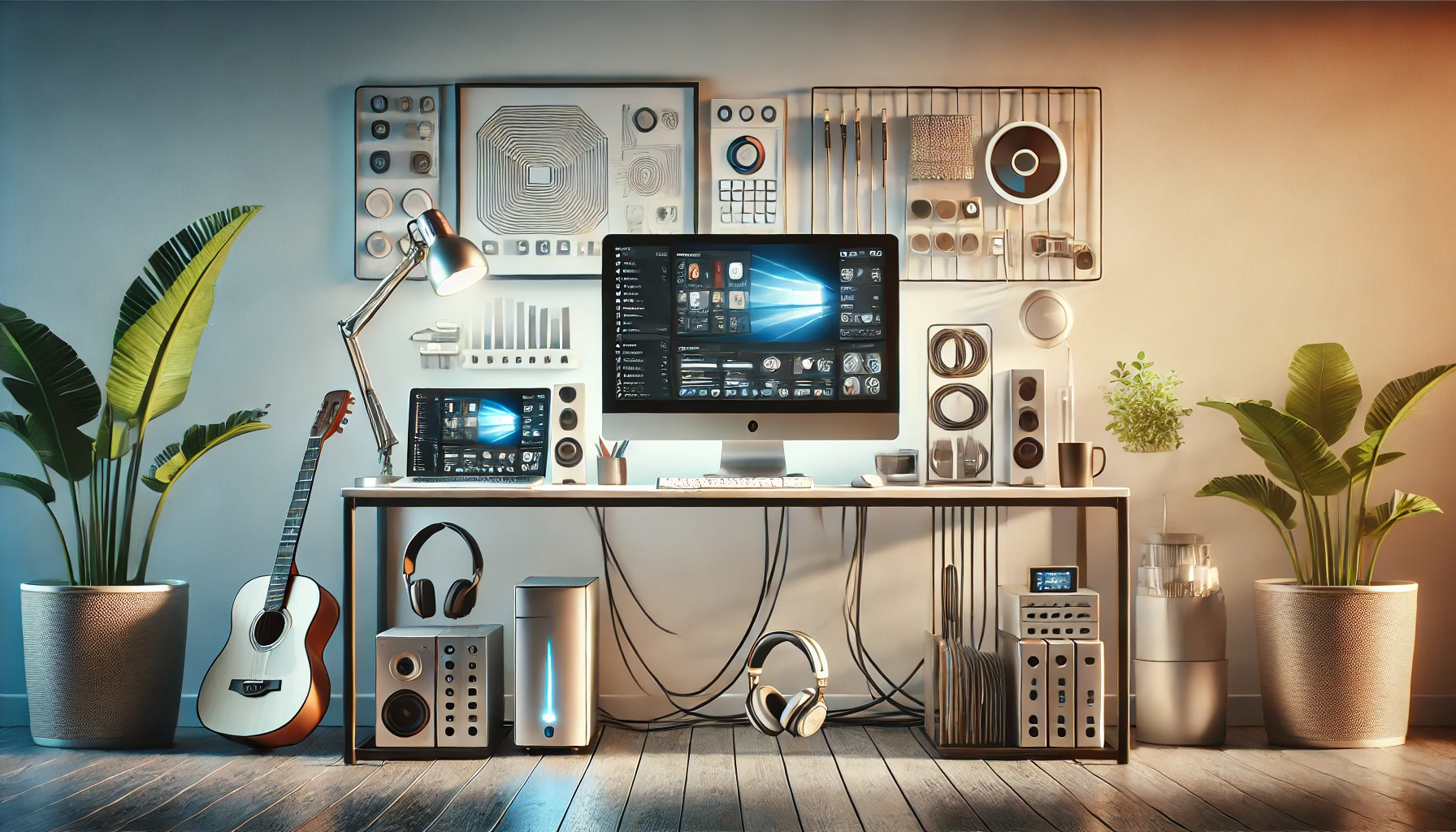How to Stay Hydrated Throughout the Day
1. The Importance of Staying Hydrated
Hydration is essential for maintaining the body’s vital functions, including regulating temperature, lubricating joints, and aiding digestion. Water makes up about 60% of the human body, and staying hydrated ensures that bodily systems function efficiently. When you’re properly hydrated, your body can better deliver nutrients to cells, flush out toxins, and maintain healthy organ function.
Dehydration, even in its mild form, can lead to various health issues such as headaches, fatigue, dizziness, and difficulty concentrating. Severe dehydration can cause more serious complications, including kidney stones, urinary tract infections, and heat-related illnesses. Staying hydrated not only supports physical health but also enhances mental clarity and energy levels.
It’s crucial to develop hydration habits that suit your lifestyle and environment. Whether you’re active, sedentary, or living in a hot climate, understanding how much water your body needs and how to meet those needs is key to staying hydrated throughout the day.
2. How Much Water Do You Really Need?
The amount of water each person needs varies based on factors such as age, weight, activity level, and environment. A general recommendation is to drink about 8 glasses (64 ounces) of water a day, but this can vary. The Institute of Medicine suggests that men need about 3.7 liters (125 ounces) of water daily, while women require about 2.7 liters (91 ounces).
Your water intake should also account for other fluids you consume, including those from food sources like fruits and vegetables. Additionally, your hydration needs increase when you exercise, live in a hot climate, or are pregnant or breastfeeding.
To stay properly hydrated, it’s important to listen to your body’s signals, such as thirst and the color of your urine. Pale yellow urine generally indicates good hydration, while darker urine suggests you need more water. Adjusting your water intake based on your individual needs will help you stay hydrated throughout the day.
3. Start Your Day with Water
One of the easiest ways to stay hydrated is to begin your day with a glass of water. After several hours of sleep, your body wakes up in a mildly dehydrated state, and drinking water first thing in the morning helps kickstart hydration. This practice not only replenishes lost fluids but also stimulates metabolism and promotes digestion.
Drinking water in the morning can also help flush out toxins that accumulate overnight and prepare your body for the day ahead. It’s a simple habit that sets a healthy tone for the rest of the day, encouraging you to continue hydrating at regular intervals.
To make this habit even more beneficial, consider adding a slice of lemon to your water. Lemon water provides a refreshing boost of vitamin C and antioxidants, which support your immune system and digestive health.
4. Keep a Reusable Water Bottle with You
Carrying a reusable water bottle is one of the most effective ways to ensure you drink enough water throughout the day. Having water readily available encourages you to sip regularly and reduces the likelihood of forgetting to hydrate. It’s also a sustainable choice, helping you reduce plastic waste from single-use bottles.
Choose a water bottle that fits your lifestyle. For example, insulated bottles can keep water cold for hours, making them ideal for outdoor activities or long workdays. Some water bottles even come with built-in measurements, allowing you to track your intake and stay on top of your hydration goals.
By keeping a water bottle with you at all times—whether at your desk, in your car, or during workouts—you can make staying hydrated an effortless part of your daily routine.
5. Set Hydration Goals
Setting hydration goals can help you stay on track and ensure that you’re drinking enough water throughout the day. For example, you might aim to drink a certain number of ounces by lunchtime or complete your water intake by the end of the workday.
Many people find it helpful to break down their hydration goals into manageable portions. You can set a goal to drink a glass of water every hour or two, or finish a specific amount by certain times of the day, such as mid-morning, afternoon, and evening. This strategy makes it easier to keep up with your hydration without feeling overwhelmed.
Using apps or hydration tracking devices can also motivate you to meet your goals. Some apps send reminders or notifications when it’s time to drink water, helping you stay mindful of your intake and gradually improve your hydration habits.
6. Add Flavor to Your Water
If you find plain water boring or unappealing, adding natural flavors can make it more enjoyable and encourage you to drink more. Infusing your water with fruits, herbs, or vegetables is a great way to enhance its taste without adding calories or sugar.
Common infusions include slices of lemon, lime, cucumber, mint, berries, or even ginger. These additions not only improve the taste of water but also offer health benefits such as providing antioxidants and vitamins. Mint, for example, can aid digestion, while citrus fruits boost your vitamin C intake.
Experiment with different flavor combinations to keep your water interesting and refreshing. By making water more palatable, you’ll be more inclined to drink it consistently throughout the day, improving your overall hydration.
7. Eat Hydrating Foods
Water isn’t the only source of hydration—many fruits and vegetables are high in water content and can contribute to your daily fluid intake. Foods like watermelon, cucumbers, strawberries, oranges, and lettuce are made up of over 90% water, making them excellent choices for staying hydrated.
Incorporating hydrating foods into your meals and snacks helps you meet your fluid needs while also providing essential nutrients like vitamins, minerals, and fiber. For example, eating a salad with cucumbers and tomatoes, or snacking on watermelon in the afternoon, can significantly boost your hydration levels.
Including these water-rich foods in your diet is especially helpful if you struggle to drink enough water. They not only contribute to hydration but also offer health benefits that support digestion, skin health, and overall vitality.
8. Use Hydration Apps or Reminders
In today’s digital world, hydration apps and smart devices can help you stay on track with your water intake. These apps allow you to set daily hydration goals, track your progress, and receive reminders to drink water throughout the day.
Some hydration apps are customizable, allowing you to adjust your goals based on your weight, activity level, and environment. They can even sync with fitness trackers to account for water lost during exercise, ensuring that your hydration needs are accurately met.
By using reminders or notifications from these apps, you can develop a more mindful approach to hydration. These tools make it easier to stay consistent with your water intake, especially on busy days when you might otherwise forget to drink enough water.
9. Drink Water with Every Meal
Making it a habit to drink water with every meal is an easy way to ensure you stay hydrated throughout the day. Not only does this practice help you meet your daily water needs, but it also aids digestion by helping break down food and move nutrients through the digestive system.
Drinking water during meals can also help you avoid overeating, as it promotes a feeling of fullness. However, it’s important not to drink excessive amounts of water too quickly during meals, as this can dilute digestive enzymes and slow digestion. Instead, sip water slowly and steadily.
In addition to drinking water with your main meals, make sure to hydrate during snack times as well. This simple habit keeps you consistently hydrated and supports better overall digestion and nutrient absorption.
10. Be Mindful of Caffeine and Alcohol Intake
Caffeinated and alcoholic beverages can have a dehydrating effect, as they act as diuretics, increasing urine production and leading to fluid loss. While moderate consumption of these drinks is fine, it’s important to balance them with water to stay properly hydrated.
If you consume coffee, tea, or alcohol, make sure to drink extra water to offset any dehydration. For example, if you have a cup of coffee in the morning, follow it with a glass of water. The same goes for alcoholic drinks—try to alternate between a glass of water and your beverage of choice to maintain hydration.
Being mindful of your caffeine and alcohol intake, especially in hot weather or after exercise, can help you prevent dehydration and ensure your body stays well-hydrated throughout the day.
11. Stay Hydrated During Exercise
Exercise increases your body’s need for water, as you lose fluids through sweat. Staying hydrated before, during, and after physical activity is crucial for maintaining performance, preventing fatigue, and avoiding dehydration.
Before you start exercising, drink water to ensure you’re adequately hydrated. During your workout, sip water regularly, especially if you’re engaging in intense or prolonged physical activity. After your workout, replenish lost fluids by drinking water or an electrolyte-rich beverage to restore balance.
For those who exercise in hot or humid conditions, it’s important to monitor your hydration closely, as fluid loss is more significant in these environments. Electrolyte drinks can be beneficial in replenishing sodium, potassium, and other minerals lost through sweat. By staying hydrated during exercise, you support your body’s ability to recover and perform at its best.
12. Adjust Your Hydration Based on Weather
Your hydration needs can vary based on the weather, with hot and humid conditions requiring more water intake to compensate for the fluids lost through sweat. In colder weather, you may not feel as thirsty, but it’s still important to drink water regularly to avoid dehydration, especially if you’re exercising or spending time in heated environments.
In hot weather, it’s essential to drink water frequently throughout the day, even if you don’t feel thirsty. Carrying a water bottle with you and taking small sips throughout the day can help you stay hydrated and prevent heat-related illnesses like heat exhaustion or heatstroke.
In cold weather, while the need for hydration may not seem as urgent, the dry air and indoor heating can still lead to fluid loss. Keeping up with your hydration, regardless of the season, helps maintain your energy levels and prevents dehydration-related symptoms like headaches and dry skin.
13. Track Your Water Intake
Keeping track of your water intake is a useful way to stay mindful of your hydration habits. Tracking can help you identify whether you’re drinking enough water or falling short of your daily hydration goals.
You can track your water intake manually by writing it down in a journal or using a water tracking app that records how much water you drink throughout the day. Some apps even provide insights and trends, showing when you’re most likely to forget to hydrate or how your water intake fluctuates based on activity levels.
Tracking your water intake encourages accountability and helps you stay on top of your hydration goals, especially on busy days when it’s easy to forget to drink enough water.
14. Replace Sugary Drinks with Water
Sugary drinks like soda, energy drinks, and sweetened teas can contribute to dehydration rather than hydration, as they often contain high levels of sugar and caffeine. These drinks can also lead to increased calorie intake and affect overall health negatively.
To stay hydrated and reduce your sugar intake, try replacing sugary beverages with water or naturally flavored water. Herbal teas, sparkling water, and water infused with fruits are great alternatives that hydrate without adding unnecessary sugar or calories.
Making the switch to water-based beverages not only helps you stay hydrated but also supports weight management and reduces the risk of conditions like diabetes and heart disease. The more you replace sugary drinks with water, the easier it becomes to make hydration a natural part of your day.
15. Hydrate Gradually Throughout the Day
Drinking large amounts of water all at once can be uncomfortable and may lead to frequent bathroom trips. Instead, focus on drinking water gradually throughout the day to keep your hydration levels steady.
Sipping water consistently prevents your body from becoming dehydrated and allows for better absorption. Keeping a water bottle with you and taking regular sips ensures you stay hydrated without overloading your body with fluids at once.
Hydrating gradually also helps prevent bloating and discomfort that can occur when you drink too much water too quickly. This slow, steady approach to hydration supports better fluid balance and helps maintain energy levels.
16. Stay Hydrated While Traveling
Traveling, whether by car, plane, or train, can disrupt your usual hydration routine. Dry cabin air, long hours of sitting, and changes in time zones can lead to dehydration. It’s important to be mindful of your water intake while traveling to avoid dehydration and its associated symptoms like fatigue and headaches.
Carry a reusable water bottle with you during your travels and refill it whenever you can. If you’re flying, remember that airplane cabins have low humidity, which can dehydrate you faster, so drink water before, during, and after your flight.
Staying hydrated while traveling helps combat the effects of jet lag, keeps your energy levels up, and ensures that your body functions optimally despite the challenges of travel.
17. Monitor Your Urine Color
One of the simplest ways to monitor your hydration levels is by paying attention to the color of your urine. Pale yellow or clear urine generally indicates proper hydration, while dark yellow or amber-colored urine is a sign that you need to drink more water.
If your urine is consistently dark or has a strong odor, it’s a clear indicator that you may be dehydrated. Make it a habit to check your urine color throughout the day, especially after periods of physical activity or time spent in the sun.
Monitoring your urine color is an easy and effective way to gauge whether you’re staying adequately hydrated and serves as a helpful reminder to drink more water when necessary.
18. Hydrate Before Bed, But Not Too Much
Drinking water before bed is important for maintaining hydration overnight, but it’s best not to drink too much right before you sleep to avoid waking up in the middle of the night to use the bathroom. A small glass of water an hour before bed is usually enough to keep you hydrated without disrupting your sleep.
If you’re prone to nighttime dehydration or wake up feeling thirsty, consider placing a glass of water by your bedside for easy access. This way, you can hydrate without having to get up, keeping your body hydrated through the night.
Balancing hydration before bed helps prevent morning dehydration without interrupting your sleep cycle, supporting better overall rest and well-being.
19. Consider Electrolyte Drinks in Certain Situations
Electrolytes are minerals like sodium, potassium, and magnesium that help regulate fluid balance in the body. In situations where you lose a lot of water and electrolytes, such as during intense exercise, hot weather, or illness, electrolyte drinks can help restore balance and improve hydration.
Sports drinks, coconut water, and electrolyte tablets can provide the necessary minerals to keep your body functioning properly. However, it’s important to choose electrolyte drinks that are low in added sugars, as many commercial sports drinks contain high amounts of sugar.
For everyday hydration, water is usually sufficient, but in high-intensity or extreme conditions, adding an electrolyte drink can enhance your body’s ability to stay hydrated and recover faster.
20. Make Hydration a Habit
The key to staying hydrated throughout the day is making it a consistent habit. By incorporating small but effective hydration strategies into your daily routine, you can ensure that you meet your water needs and support your body’s overall health.
Make hydration a priority by carrying a water bottle, setting hydration goals, and tracking your intake. Over time, these practices will become second nature, and staying hydrated will no longer feel like a chore.
Building a hydration habit not only helps you avoid the negative effects of dehydration but also improves your energy, concentration, and physical performance.
Case Study: How Sarah Improved Her Hydration Habits
Sarah, a 32-year-old nurse, often struggled to stay hydrated during her busy shifts. She frequently felt fatigued and experienced headaches, especially in the afternoons. Realizing that she wasn’t drinking enough water, Sarah decided to make hydration a priority.
She began by carrying a reusable water bottle to work and setting reminders on her phone to take sips every hour. Sarah also added water-rich foods like cucumbers and watermelon to her meals and replaced her afternoon soda with sparkling water. Within a few weeks, she noticed a significant improvement in her energy levels and no longer experienced afternoon headaches.
By making small, consistent changes to her hydration habits, Sarah was able to stay hydrated throughout the day, even during her hectic work schedule. Her experience highlights the importance of prioritizing hydration and how simple strategies can lead to better overall health.
Conclusion
Staying hydrated throughout the day is essential for maintaining good health, supporting physical performance, and improving mental clarity. By incorporating simple hydration strategies such as drinking water first thing in the morning, eating water-rich foods, and using hydration reminders, you can ensure that your body stays properly hydrated. Whether you’re adjusting for exercise, weather, or a busy lifestyle, these tips help make hydration an effortless part of your daily routine.
FAQ
1. How much water should I drink each day to stay hydrated?
A general recommendation is about 8 glasses (64 ounces) of water per day, but individual needs vary based on factors like weight, activity level, and environment. It’s important to listen to your body and adjust accordingly.
2. Can I stay hydrated with drinks other than water?
Yes, other beverages like herbal teas, coconut water, and water-rich foods contribute to hydration. However, sugary or caffeinated drinks should be consumed in moderation as they can have dehydrating effects.
3. What are the signs of dehydration?
Common signs of dehydration include dark urine, dry mouth, dizziness, fatigue, and headaches. Monitoring your urine color is a simple way to check if you’re drinking enough water.
4. Should I drink electrolyte drinks to stay hydrated?
Electrolyte drinks can be helpful in situations where you lose a lot of fluids, such as during intense exercise or hot weather. For regular hydration, water is typically sufficient.
5. How can I make drinking water more enjoyable?
You can make water more enjoyable by adding natural flavors like lemon, cucumber, or mint. Infused water adds a refreshing taste without adding sugars or calories, encouraging you to drink more throughout the day.





